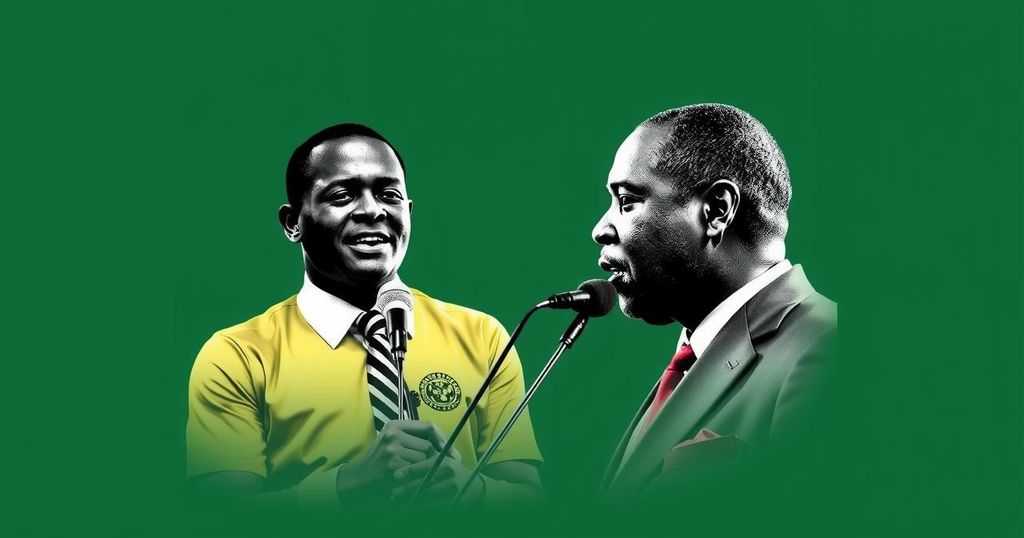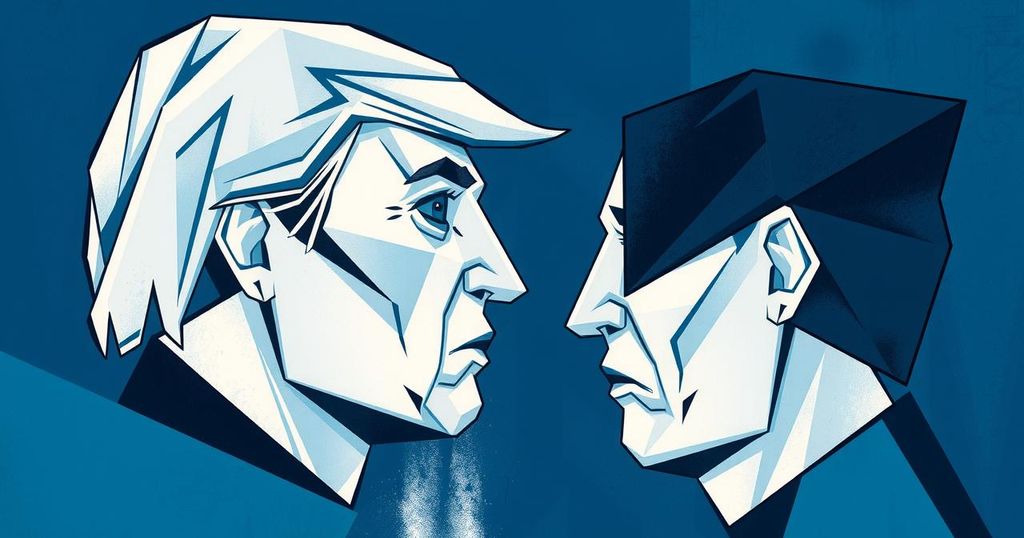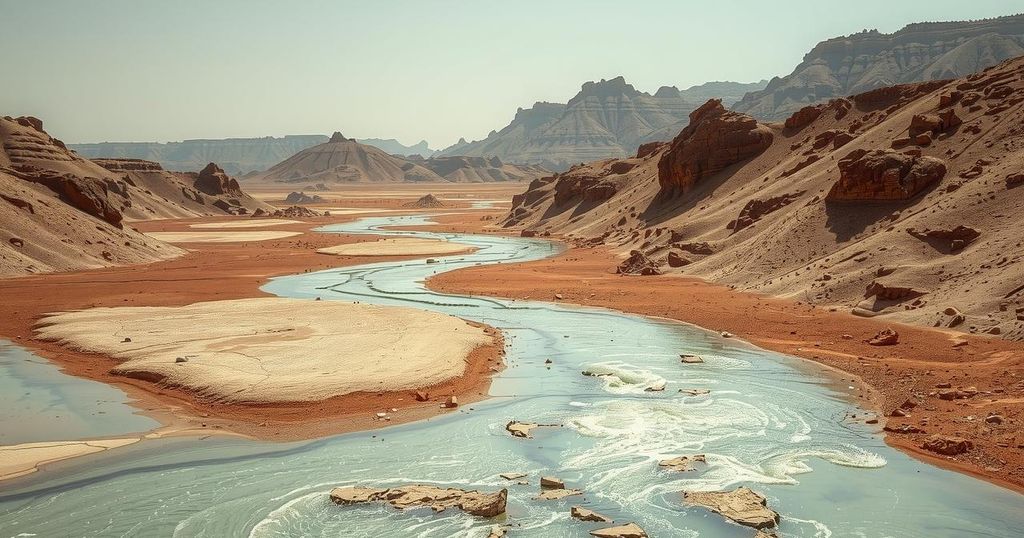Botswana Election: A Historic Shift as BDP Loses Power after Nearly Six Decades
In a historic political shift, Botswana’s ruling BDP party has been rejected after 58 years in power. Preliminary election results show the BDP winning only one parliamentary seat, while the opposition UDC, led by Duma Boko, is projected to win around 20 seats, positioning Boko to likely become the next president. Factors contributing to the BDP’s decline include poor economic performance and high unemployment rates.
In a substantial shift in Botswana’s political landscape, voters have decisively rejected the long-ruling Botswana Democratic Party (BDP) after 58 years in power. As of early Friday morning, preliminary election results indicated that the BDP secured only one parliamentary seat, marking a historic low for the party that had been in control since the nation’s independence in 1966. In stark contrast, the opposition party, the Umbrella for Democratic Change (UDC), led by human rights attorney Duma Boko, garnered approximately 20 seats based on early tallies. This outcome positions the UDC to potentially secure a majority, surpassing the required 31 seats necessary to form a government. As Botswana’s Members of Parliament prepare to convene and elect a new president, Mr. Boko appears poised to assume the role of head of state. Throughout his campaign, Mr. Boko, who is making his third attempt for the presidency, has emphasized the importance of his supporters remaining “vigilant and disciplined.” The BDP’s diminished popularity can be attributed to its management of the economy, marked by lackluster growth and elevated unemployment rates, which contributed to the electorate’s loss of confidence in the party’s capability to effect real change. The outgoing president, Mokgweetsi Masisi, who has held office since 2018, faced backlash following a campaign that promised change yet ultimately failed to resonate with voters.
The recent election in Botswana serves as a significant milestone in the nation’s democratic evolution, juxtaposed against nearly six decades of uninterrupted rule by the BDP. Following its independence from British colonial rule in 1966, the BDP has maintained a dominant presence in Botswana’s political sphere. However, recent socio-economic challenges, including sluggish economic growth and an increasing unemployment rate, have catalyzed public discontent with the party’s governance. The opposition, represented by the Umbrella for Democratic Change, emerged as a formidable challenger, leveraging the populace’s desire for change and political accountability. Duma Boko’s leadership of the UDC embodies a new hope among voters for a government that can adequately address their concerns and aspirations.
The election results reflect a profound transformation in Botswana’s political dynamics, effectively ending the BDP’s long-standing dominance and signaling a potential new era under the UDC and Duma Boko’s leadership. The electorate’s decisive choice underscores a demand for economic revitalization and responsive governance. As Botswana prepares for this significant transition, the country stands at a crossroads that may redefine its future direction.
Original Source: www.bbc.com




Post Comment